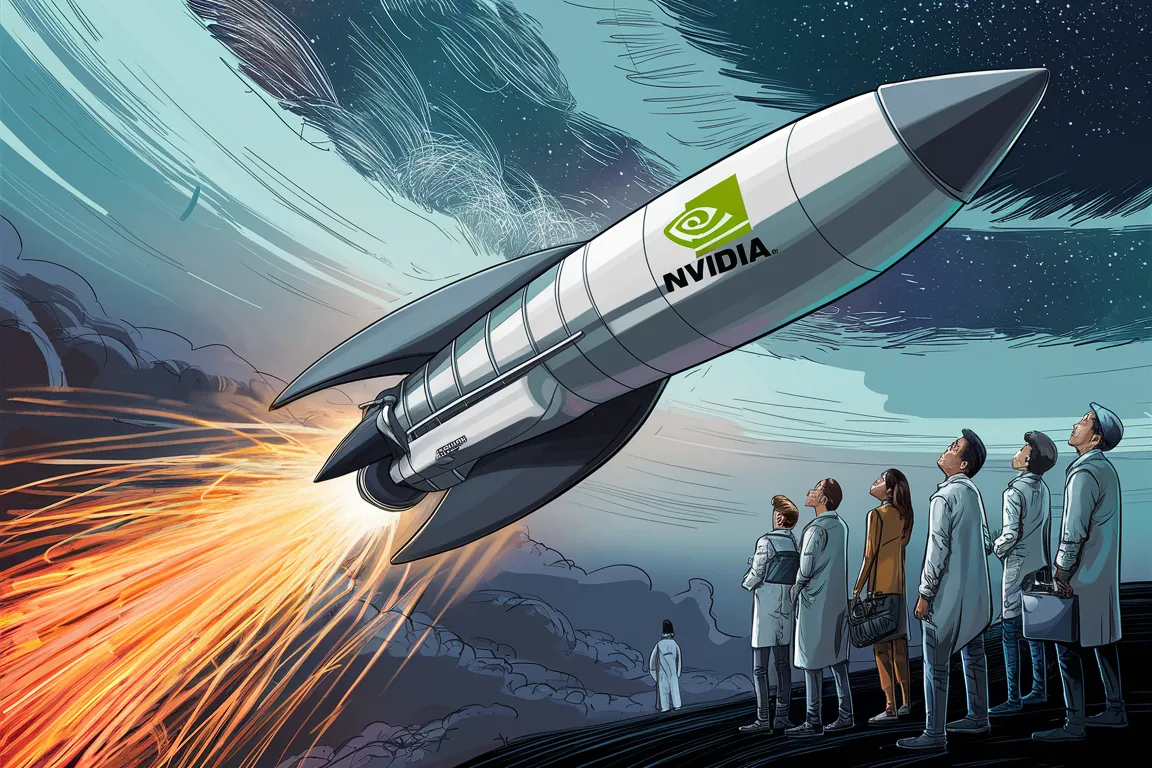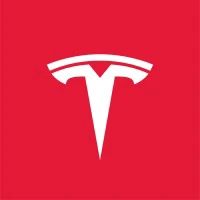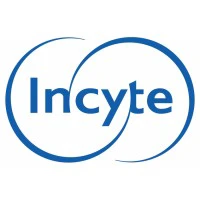On a recent Tuesday, June 18, Nvidia (NASDAQ: NVDA) surpassed Microsoft (NASDAQ: MSFT), becoming the world's most valuable publicly traded company for the very first time. With Nvidia shares soaring over 200% in the past year, the company now boasts a staggering market valuation exceeding $3.3 trillion. This significant milestone leaves investors pondering whether to sell, hold, or even initiate new positions in the stock. To navigate these waters, a glance at history might offer some guidance.
Reflecting on the past three decades, only four other companies have held the title of the most valuable stock listed on a U.S. exchange: General Electric, now known as GE Aerospace (NYSE: GE), ExxonMobil (NYSE: XOM), Microsoft (NASDAQ: MSFT), and Apple (NASDAQ: AAPL). Interestingly, the journey for these companies after reaching the pinnacle has been remarkably positive, hinting that Nvidia might enjoy a similar trajectory.
Nvidia's Reign Could Be Prolonged
On September 15, 1998, Microsoft dethroned General Electric to become the most valuable stock for the first time. Historical data from the American Business History Center reveals that General Electric had dominated this position for several years unchallenged. Microsoft's ascent to the zenith did not end there; the stock more than doubled in value within the next two years. Typically, companies that achieve the top spot tend to maintain their position for years—a trend evident with General Electric, Microsoft, ExxonMobil, and Apple. If history is any indicator, Nvidia could also experience an extended stint at the top.
Moreover, these companies did not peak when they first clinched the top spot. ExxonMobil, for instance, outperformed General Electric in February 2005 and proceeded to climb an additional 60% over the next couple of years, eventually surging 75% over the following decade. Similarly, Apple overtook ExxonMobil in August 2011 and despite an already impressive run, doubled again over the subsequent five years. Therefore, if Nvidia follows this historical pattern, investors could still see substantial gains ahead.
Historical Upside and Market Outperformance
What’s driving these numbers is that companies don’t attain the title of the 'world's most valuable' without something exceptional fueling their growth. For Microsoft, it was the rise of personal computing. ExxonMobil rode the wave of escalating oil prices, and Apple's success was tied to the smartphone revolution. These were significant trends that bolstered their businesses over extended periods.
Nvidia is currently riding the artificial intelligence (AI) wave. While there may be a degree of hype, AI’s tangible advancements and applications are likely to keep powering Nvidia's growth story for the foreseeable future.
From a valuation perspective, some investors might find Nvidia's metrics (market cap north of $3 trillion and a price-to-sales ratio of 42) daunting. Historically, no company of this magnitude has ever presented such lofty valuations. Despite potential concerns regarding its valuation, history suggests that Nvidia's stock might not have reached its peak yet. There could still be multiple years of leadership and possibly outperformance relative to the S&P 500.
As Nvidia's journey at the summit begins, investors would do well to consider historical precedents. While each company's story is unique, the trends suggest that the world's most valuable stocks often continue to deliver robust returns. In the case of Nvidia, the AI boom could catalyze further market-defying gains, making it a potentially intriguing play for those willing to navigate its high valuation.


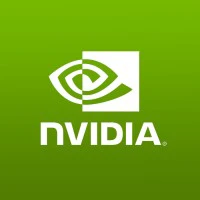 NVDA
NVDA
 MSFT
MSFT
 GE
GE
 XOM
XOM
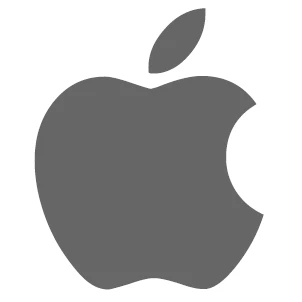 AAPL
AAPL
